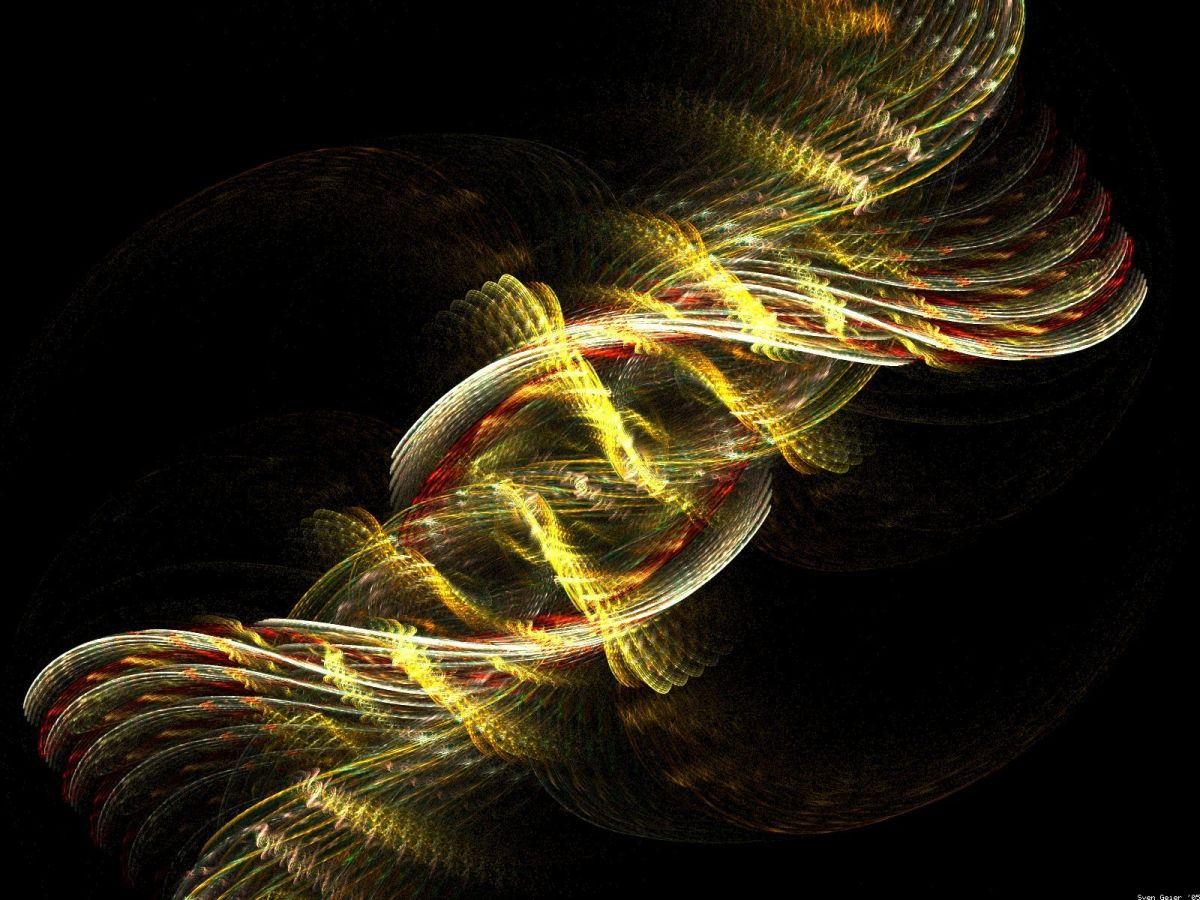Reality: A Meditation

There is a conversation going on, on the Hub Pages question and answer board. A "hubber" has asked the question: "Would reality exist if there was no one to observe it?" This is the question we're going to try to deconstruct.
My first inclination is to try something easier like: "If a tree falls and there is no one around to hear it, does it make a sound?" If you approach it the right way, the inquiry really is not so vexing. The simple answer is yes, if a tree falls and no one is around to hear it, it does, indeed, make a sound.
This is so because beings exist for whom the sense of "hearing" is operative, for whom, therefore, "sound" is a thing. The fact that no organic being is in "hearing range" of the falling tree makes no difference.
The impact of the tree with the ground, among other things, generates, well, an impact, the result of which, at least in part, is recognizable to organic beings as "sound."
The question of "reality," though, is a different matter.
First of all, what do we mean by "reality"?
Let's skip a few steps and call "reality" the "Universe"; and what if we understand the "Universe" as the totality of all objects, energies, and beings. So, we shall call "reality" the "Universe," and the Universe the totality of all objects, energies, and being, in addition to all continuous organic and inorganic processes (the sun rising and falling, the wind blowing, etc.).
After all, reality is not reality and the Universe is not the Universe, if all beings and objects are just hanging in spots like a diorama. The Universe is the Totality of Being and Process.
Let's say Totality for short. We will call "reality," the "Universe," and the Universe the "Totality."
I promise there is a method to my seeming madness.
Let's re-word the question: "Would the Totality exist if there was no one to observe it?"
Well, that word "observe" is problematic. Is it possible to "observe" the Totality (or the Universe, or "reality")?
We can observe a pack of wolves in Mali, West Africa, say. We have the power to gather a group of people together, buy the necessary equipment, fly to Mali, locate the wolves, and set up our "observation" station from which to study the pack of wolves.
We can "observe" the wolves because we, humans, are not wolves. As humans we reside outside of the wolf-Being. From our vantage point of non-wolf-ness, we can observe and study wolf-hood.
If we were wolves, we could not "observe" wolves, because, as wolves, we would be living wolf-hood. Being wolves would rob us of the objective distance from which to study wolves.
So, in order to "observe," the Totality, then, (or the Universe, or reality), we would have to find a place to set up our observation station, which is, somehow, OUTSIDE of it.
Where could we go to be outside the Universe, from which to observe the Universe (or reality, or the Totality)?
Also, we would, somehow, have to have crazy panoramic vision in order to be able to "take it all in."
Let us say the "observing" reality is an impossibility---at least for organic beings.
What are we left with?
How about this: "Would reality exist if there was no one to experience it?"
It goes without saying that no organic being, or group of organic beings---so far as we know---can experience the "Totality" in totality. That is to say, no organic being(s) can experience the Universe, or reality in full.
What we can say is that each of us, as individuals life our individual lives, making our way through life by way of our own reality corridors, you might say. Not even all the organic beings on Earth cannot experience the Universe (or reality or the Totality) in full.
But I won't stretch the point. I am content to let the amended question stand as: "Would reality exist if there was no one to experience it?
Again, by "reality" we mean the "Universe," by which we mean the "Totality" of all beings, objects, energies, and processes.
The answer I would give to the question, then, is: No and its somewhat of a trick question.
Question: Explain.
Answer: To propose the non-existence of organic beings to "observe" reality is to propose a reduction of the "Totality" of the "Universe." This means that, without organic beings, the Universe would no longer be the Universe and reality would, therefore, no longer be reality. In this way, the original inquiry is something of a "trick question."
Question: But the Universe, even "reality" existed before people, even before any organic beings at all.
Answer: No, absolutely not! Before the emergence of organic beings, the Universe (or reality) had not finished its process of Totality-manifestation. The Universe did not become the Universe until it was fully "built," so to speak.
Question: How do you know the Universe is "fully built," even now?
Answer: Strictly speaking, I don't. But one thing the science tells us is that the formation of the Universe began with inorganic matter first, out of which arose organic matter.
Question: What if the Universe formed without ever manifesting organic beings? Would reality exist then?
Answer: All we can do is operate within the confines of the question asked. The original question is: Would reality exist if there was no one to observe it? This formulation suggests that reality is a "thing" to be "observed" (or, as we say, "experienced"). This is why I brought up the example of the falling tree to begin with.
- If the tree falls and no one hears it, it makes a sound.
- That is because beings exist, for whom hearing and sound are a thing.
- No one heard it because no one happened to be in hearing range at the time.
- Everybody was simply someplace else.
- In the case of "observing" reality, which we have amended to "experiencing" it ---- to not be around is to not exist.
What if we say there are beings for whom "experiencing" reality is a thing; and then we remove said beings.... from reality... would reality still function, would reality still exist?
First of all, "remove said beings from reality" and put them where?
Question: What if organic beings had never come into existence, could reality exist?
Answer: Again we are a prisoner of words. Tell me, what else do we mean by the word "reality"? Doesn't the word indicate a certain inconvenience to be endured? "Get real." "Be realistic!" "Face reality!" Isn't "reality" a break in the ideal, or a break in the more ideal? Doesn't "reality" signify a kind of grounding, a kind of pragmatic course-correction? Isn't it a thing we say to keep our own or someone else's hopes from getting out of hand? "Reality" is the pragmatic course-correction to the fanciful or ideal; it is the admonition not to fly too close to the sun.
"Reality," in this sense, can only function proceeding and in reaction to idealism or fantasy. Without organic beings---most likely of the sentient variety---to experience idealism or fantasy, this kind of "reality" can never come into play.
Question: Could a Universe of stuff have come into existence without giving rise to organic beings to experience it, to "observe reality"?
Answer: The problem in conceptualizing that scenario is in even imagining where the process of Universal manifestation should have stopped, so as not to give rise to any organic beings at all, much less the sentient beings. "Where" do you stop the process so that even air and water (which we organics need) would never have come into existence?
Mind you, I'm not saying that the Universe, or reality was "made for us." I'm saying that the dividing line between inorganic and organic may not be so clear-cut as to render the original question of the non-existence of organic beings meaningful.
Okay, I'll let you off the hook and stop here.
Thank you for reading!





